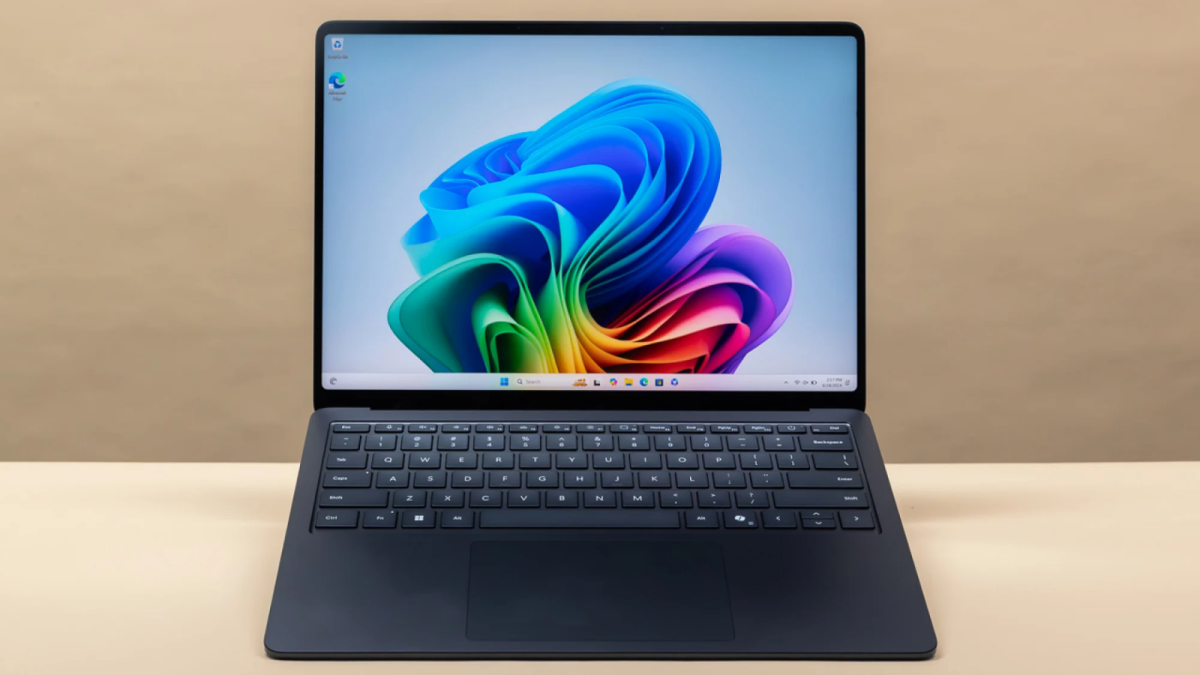
How we tested
Mashable staff subjected all of the laptops on this list to rigorous hands-on testing, which involved inspecting their build quality and using them for a variety of real-world tasks for several weeks at a time. This included working in different kinds of documents, checking emails, watching videos, taking photos on their webcams, participating in video calls, listening to music (via Spotify), playing games (if possible), and experimenting with any unique software features or use cases they claimed to support.
Additionally, all of the laptops featured here were made to run industry-standard benchmark software. We run these benchmarks because they replicate real-world tasks to produce scores we can use to easily compare different laptops’ performance. We recently started implementing these benchmarks in our testing, and you can expect to see them in all of our new laptop reviews going forward.
Performance benchmarks
We evaluate Windows laptops’ overall performance by having them run the Windows version of Primate Labs’ Geekbench 6, which measures processor performance in a handful of common tasks. We record each of their multi-core scores in our reviews — the higher the score, the better.
To get a sense of gaming laptops’ graphical prowess, we also play Cyberpunk 2077 on them. We picked this game because it’s a graphically intense AAA title that pushes many systems to their performance limits. If the laptop has a discrete/dedicated NVIDIA GeForce RTX graphics card (as opposed to an integrated GPU that’s built into the CPU), we play Cyberpunk once with its DLSS tech off and again with DLSS on using the High preset without ray tracing. This tests the machine’s raw GPU power and its performance with AI upscaling, respectively.
We follow this up with 3DMark’s Time Spy benchmark for gaming PCs and record their scores. Again, higher is better.
Battery life benchmarks
We look to see about nine to ten hours of battery life in the Windows laptops we review, with 12-plus hours being ideal. Gaming laptops are a different story: They only need to last at least two hours per charge to get our approval, earning extra brownie points for reaching the four-hour mark.
We’ve assessed laptops’ stamina a couple different ways in the past. (More on that shortly.) On the Asus Zenbook Duo, the Lenovo Legion 9i, and the Microsoft Surface Laptop Go 3, we ran UL Solutions’ PCMark 10 battery life test at maximum brightness. This benchmark has the machine complete a series of apps and functions until it conks out.
On the Acer Swift X 14, HP OmniBook X, Yoga 9i, and Surface Laptop 7, we conducted a video rundown test that involved playing a looped 1080p version of Tears of Steel, a short open-source Blender movie, at 50 percent brightness.
In order to standardize our battery life testing methodology, we will only be using the Tears of Steel rundown on all Windows laptops going forward. We’ll stick with PCMark 10’s battery life test for gaming laptops.
Final thoughts
After evaluating a laptop’s hands-on performance and benchmark testing results, we make our final recommendations based on whether we think they offer a good overall value for the money. A too-expensive laptop will sometimes get a pass if we think it looks and works so great that it’s worth the trouble of finding it on sale. (Looking at you, Legion 9i.)
It bears mentioning that these aren’t the only Windows laptops we’ve tried — we’re constantly testing and assessing new models across different categories, and many don’t make the final cut. With that in mind, you can expect this guide to evolve on a pretty continuous basis. We’re always on the lookout for new top pick contenders.